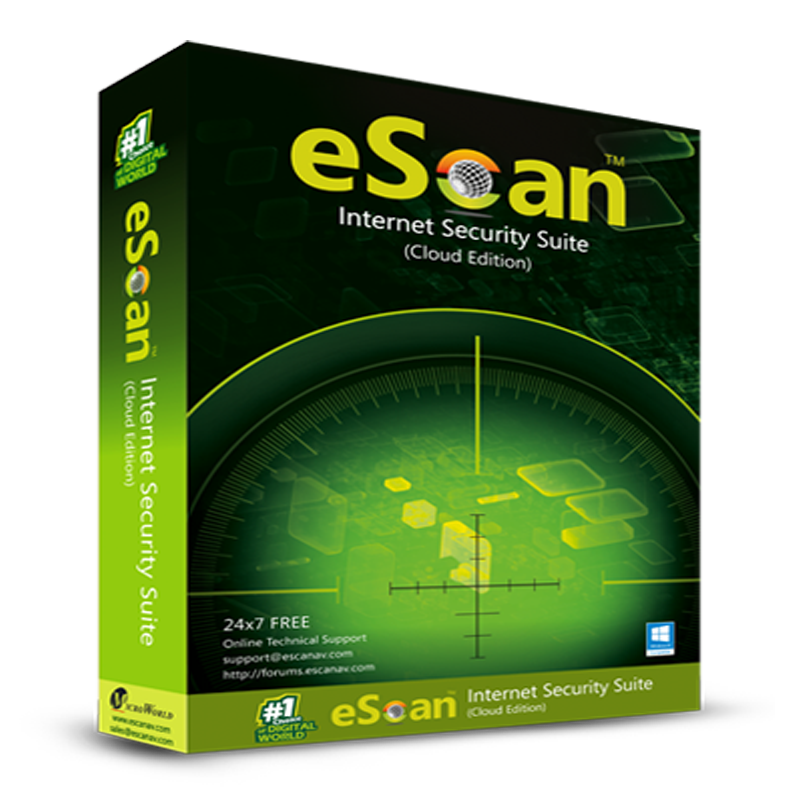A password manager is a tool that stores all of your passwords in one place so you don’t have to remember them all. This way, if someone gets access to your password manager, they won’t be able to access your other accounts too.2) Keep your computer up-to-date and security-enabled. Make sure your computer is updated with the latest security software and hardware updates. Enable automatic security features like firewalls and antivirus protection.3) Use two-factor authentication whenever possible. Two-factor authentication helps protect your account from unauthorized access by requiring both a password and an additional piece of information, like a code sent to your phone or entered into a website’s login form.4) Be careful about what information you share online. Don’t post personal information like addresses or financial data online.”” There are many types of cybercrime, each with its own special set of risks and vulnerabilities.
Here are a few of the most common: Identity theft: One of the primary dangers posed by cybercrime is identity theft. If your personal information (name, address, etc.) is stolen and used to commit other crimes or scam online, you’re at risk for serious financial damage and potential embarrassment. Computer hacking: Hackers can gain access to your computer without your permission by exploiting security flaws in your software or hardware. This can result in stealing sensitive information (like bank account numbers) or causing physical damage to your computer. Phishing scams: Phishing scams involve fake emails that look like they come from well-known organizations (like banks, retailers, or credit card companies) but actually contain malicious content designed to steal your login credentials or other sensitive information. Be sure to never give away any personal information in response to an unsolicited email! Data corruption: Accumulated data losses caused by viruses, worms, and other malware can have serious consequences for businesses and individuals alike.
If your hard drive crashes as a result of a virus attack, for example, you may not be able to retrieve important files that you need to run your business smoothly. There are a few simple things you can do to protect yourself online. Always use a strong password and make sure it’s not easily guessable or findable through search engines. Don’t leave your personal information https://pixelroo.com/ accessible on your computer—keep it in a secure place, like a password-protected folder on your hard drive. And be mindful of what you post online: never share personal information such as your Social Security number, address, or credit card number without first checking with the company or person who you’re sharing it with to make sure they’re legitimate. There are a few simple steps you can take to protect your personal information online. Never share your login information with anyone. Use a strong password and never use the same password for multiple websites. Keep your computer up-to-date with the latest security patches and antivirus software.

